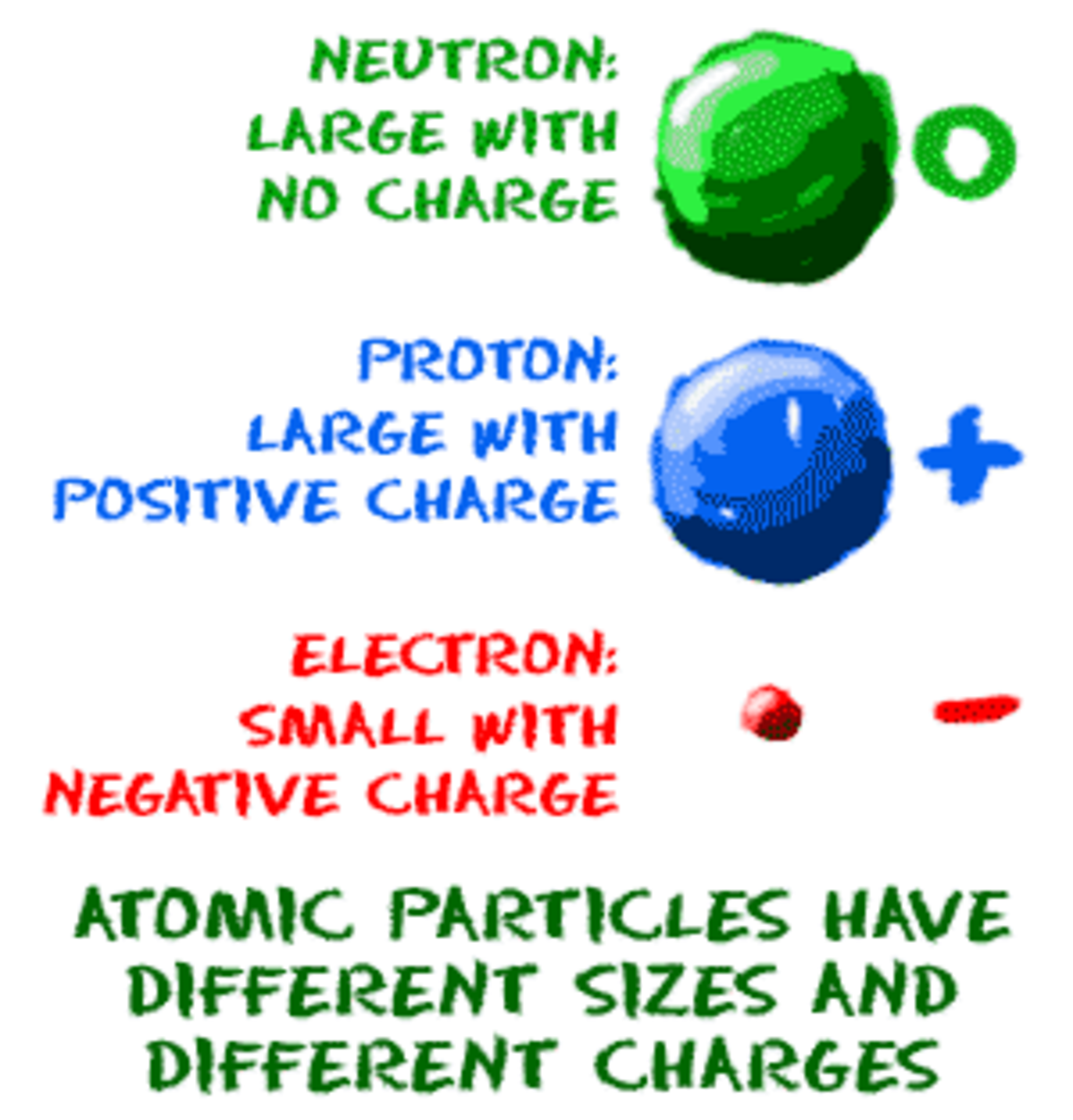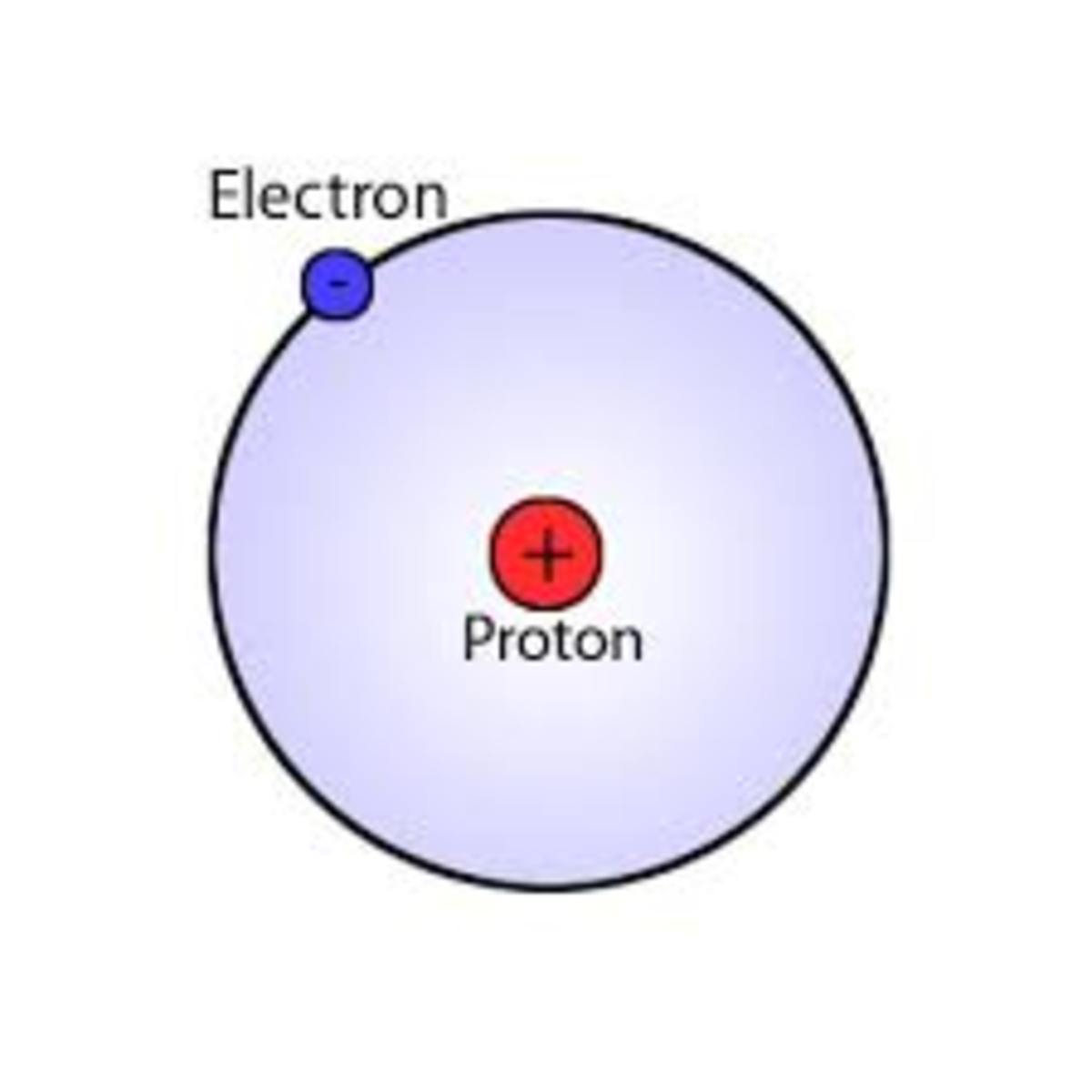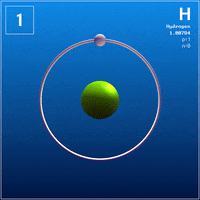This section requires Javascript.
You are seeing this because something didn't load right. We suggest you, (a) try
refreshing the page, (b) enabling javascript if it is disabled on your browser and,
finally, (c)
loading the
non-javascript version of this page
. We're sorry about the hassle.
5 solutions
Log in to reply
LaTeX: 2 0
Algorithmic structure: 3
Intelligible Solution: 1 0
Uniqueness: 1 0
Pictures: 0
Animations: 0
Total: 4 3
Awarded 'BRILLIAthon Star' title for Problem 1 .
Log in to reply
I don't see how that is 20 Latex @Yajat Shamji
Log in to reply
@A Former Brilliant Member – It's based not on the amount of LaTeX, but how it's used.
Also, there's a mistake - he said that e − = 1 @Yajat Shamji
Log in to reply
@A Former Brilliant Member – Oops! But he can edit it.
Log in to reply
@Yajat Shamji – Now you pointed it by mentioning him, so editing mistakes shouldn't be allowed, don't point mistakes till 2:50 pm
Log in to reply
@A Former Brilliant Member – It's my duty to help - in this competition, help from the organiser is allowed, unlike others.
Log in to reply
@Yajat Shamji – Oh boy! ok, your contest, your rules
@Yajat Shamji - How can there be 2 BRILLIAthon stars?
Mistake: e − = − 1 , not e − = 1 , @Jeff Giff
Yajat’s BONUS
According to @Jeff Giff's solution, a proton has two 'up' quarks and one 'down' quark, so it must have a total charge of 3 + 2 + 3 + 2 + 3 − 1 = + 1
In Chemistry, p + represents a proton which has a charge of + 1 e (where e = 1 . 6 0 2 1 7 6 6 2 × 1 0 − 1 9 coulombs), and e − represents an electron which has a charge of − 1 e .
Therefore, ( p + ) + ( e − ) = ( + 1 e ) + ( − 1 e ) = 0 .
LaTeX: 2 0
Intelligible Solution: 1 0
Uniqueness: 1 0
Algorithmic Structure: 3
Pics: 0
Animations: 0
Total: 4 3
Awarded 'BRILLIAthon Star' title for Problem 1
Fact: It is verified from a lot of experiments, that a proton and electron have an equal charge but opposite in magnitude.
Convention: Conventionally, electron's charge is taken as -1 thus proton's charge would be +1

- Thus, adding the charges algebraically, we find the answer as follows:
p + + e −
= 1 + ( − 1 )
= 1 − 1
0
@Yajat Shamji - There's some kind of bug, so ignore the lines after proton + electron = hydrogen in bonus info and gimme scores
Log in to reply
LaTeX: 0
Intelligible Solution: 1 0
Uniqueness: 1 0
Pics: 1
Algorithmic Structure: 3
Animations: 1
Total: 3 5
Log in to reply
What's with the Latex? @Yajat Shamji
Log in to reply
@A Former Brilliant Member – I don't see it!
Log in to reply
@Yajat Shamji – Its the bug, I see it, I'll send you a pic, wait @Yajat Shamji
For @Percy Jackson
@Yajat Shamji I am done.
Log in to reply
LaTeX: 1 9
Intelligible Solution: 1 0
Uniqueness: 1 0
Pics: 1
Algorithmic Structure: 3
Animations: 0
Total: 4 3
Awarded 'BRILLIAthon Star' for Problem 1 .
Log in to reply
Please upload a new problem as problem 2 because the current one has an ambiguous answer.
Log in to reply
@Siddharth Chakravarty – I can, but I have placed the points on the leaderboard...
Basic Info -
A p r o t o n has + v e charge, while an e l e c t r o n has − v e charge
Using info to find answer
When we add 1 and -1, we get 0, in the same way - adding a p o s i t i v e charge to a n e g a t i v e charge results in n e u t r a l charge = 0
Charge Visualization -

This is how electron moves in a hydrogen atom(around the proton) -

Bonus Info -
A proton and an electron make a hydrogen atom.
A proton has 2 up quarks (u^{\frac{+2}{3}}\) and a down quark (d^{\frac{-1}{3}}\), which add up to +1 charge
Yajat Shamji - I'm not done yet, don't gimme scores, I'm sleepy
@Yajat Shamji - what is 2:50 in US time , because I think i'll be asleep then...............
Log in to reply
According to Washington D.C, 0 9 : 5 0 am
Log in to reply
Dammit! I'll be asleep @Yajat Shamji
Log in to reply
@A Former Brilliant Member – Don't worry - the commentary will sum it up (puns included) - comes out at 1 0 am - everybody can read it when they're ready.
@Percy Jackson , your L A T E X in the last line is flipping. You better fix that!
Log in to reply
Nice pointing out (since I am a LaTeX police officer, LOL, XD)
I'm sleep deprived (Can't think without sleep), so if you don't SHUT UP I will bring riptide and murder you @Hamza Anushath
Log in to reply
Don't use 'shut up' - I account that as a swear word!
Also, I may remove you from the competition if this continues.
Log in to reply
Yaj, if you said that cuz you care 'bout me, I'll say you
I can handle this, it's nothin' offensive to me
I learn to take everything in a cool way, not take offence
@Yajat Shamji , @Percy Jackson
Log in to reply
@Frisk Dreemurr – @Hamza Anushath - Its hard to enjoy practical jokes when your whole life seems like one - story of my life , its a percy jackson quote
Log in to reply
@A Former Brilliant Member – Well, you sure seem to enjoy them nonetheless, don't you?
Ok, sorry, but I'm kinda annoyed
Log in to reply
Don't - you'll aggravate the situation.
Flip you @Hamza Anushath
LaTeX wrapping?
Do you want me to remove you both from the competition, @Hamza Anushath , @Percy Jackson !
Log in to reply
Log in to reply
I have read all of the comments (I was just reading about Havertz to Chelsea whilst you exchanged the comments) and I have decided enough is enough. Give me an answer within the next minute or I will remove both of you.
As protons have positive charge and electrons have negative charges, when their values are equal in an atom, it becomes neutral (i.e. 0 )
Same thing goes with static charges, positive plus negative results in a neutral
Log in to reply
LaTeX: 2
Algorithmic structure: 3
Intelligible Solution: 1 0
Uniqueness: 1
Pictures: 0
Animations: 0
Total: 1 5
Log in to reply
Woah, I didn't know about this? (I am talking about the marking point scheme)
If I post pictures later, will I get the points for them @Yajat Shamji
Log in to reply
@Frisk Dreemurr – Yes. After 2 : 5 0 pm, no more editing (see the official page for update).
Why uniqueness and L A T E X is quite low for my solution @Yajat Shamji ?
Log in to reply
@Frisk Dreemurr – How you used the LaTeX is quite simple. And your solution is what most people would say.
Sorry! (For grading of Jeff's solution)
I give a challenge: can anybody prove that 2 up quarks and 1 down quark equals 1 using mathematical working out in their solution (if they use it)?
@Jeff Giff , @Hamza Anushath , @Percy Jackson
Log in to reply
@Yajat Shamji , I am not sure, but I think it is because 2 − 1 = 1 ?
I dunno, I am just sayin'
According to @Jeff Giff 's solution, a proton has two 'up' quarks and one 'down' quark, so it must have a total charge of 3 + 2 + 3 + 2 + 3 − 1 = + 1
Log in to reply
Great! I wonder if @Jeff Giff could add that...
Log in to reply
@Yajat Shamji – No problem :)
@Yajat Shamji – Could you give me three points as a request (due to help to a competitor...)
The challenge was to help @Jeff Giff , not post it in your own solution! @Hamza Anushath
A proton is made up of two up quarks( u + 3 2 ) and a down quark ( d − 3 1 ), so p + = 1 since 2 × 3 2 − 3 1 = 1 . Also, an electron is e − = − 1 , so p + + e − = 0 . This is a hydrogen atom.